Did you know that air pollutants can be more harmful than water or surface pollution in the long run? This is one of the reasons why air pollution is considered to be one of the largest medical threats of our time.
Smog is a term derived from a combination of the words for Smoke and Fog. This lethal mix of chemicals can react with the sun to break down into free radicals - unstable atoms that can lead to cell damage, illnesses and hasten the ageing process. Here are some of the dangerous sources that contribute to Smog formation.
- Particulate matter (especially from vehicular emissions)
- Industrial pollutants and
- Open crop burning.
Your skin is the main organ at risk from these molecules. Free radicals can cause illnesses ranging from skin allergies to serious conditions like Cancer.
What Happens To The Skin During Smog
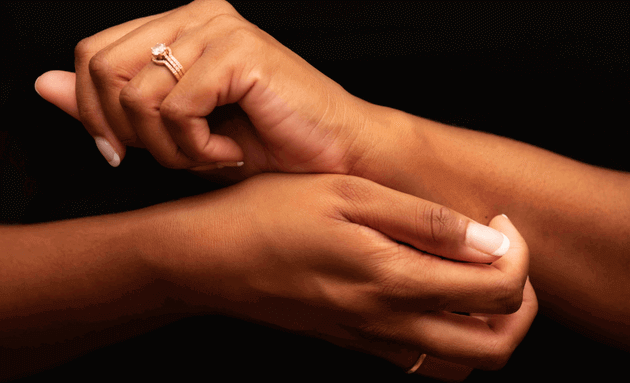
Your skin is the largest organ of your body and is most likely to come in contact with harmful pollutants. Here are some of the most common side effects that pollution can have on your skin:
- Irritation, roughness, dryness, rash or acne.
- Flare-up of certain existing conditions like rosacea and eczema.
- Loss of skin suppleness and increased wrinkles, fine lines and patches. This is due to the free radicals affecting skin’s oxygen supply.
- Free radicals also reduce collagen production, which is important for many functions including the skin. Irregular skin pigmentation, dullish greyish shades will start appearing.
- A more serious impact could be inflammation via oxidative damage, that leads to DNA mutations atopic dermatitis, psoriasis and even skin cancer.
- Smog pollutants stick to the skin and deplete the body of its vitamins.
- It also stops UVB rays reaching the earth, affecting natural Vitamin D production. This impacts the skin and rest of the body.
What Are The Most Effective Ways Of Protecting Your Skin?
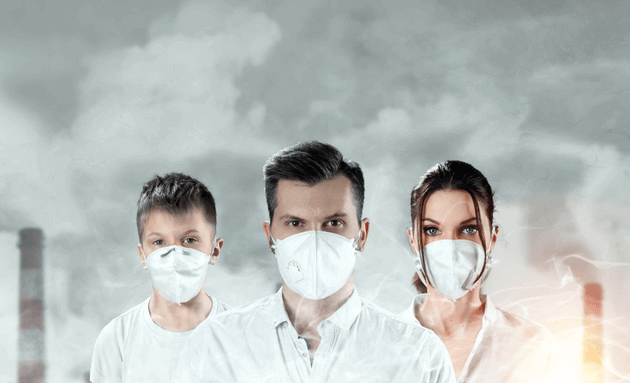
Taking care of skin health in smog is important and should be followed by the whole family. Make a plan for every family member according to their routine - be it office, school or elsewhere.
How To Manage Outdoors
- Do not step outside of your house without preventive masks. Here's how to choose the right anti-air-pollution mask.
- Always apply sunscreen before stepping outside.
- Ensure your car has an air purifier.
- Wear full-sleeved or covered clothes to minimize contact of pollutants with your skin.
- Avoid exercising outdoors or letting your children play outside.
- Avoid swimming in outdoor pools.
How To Stay Healthy Indoors
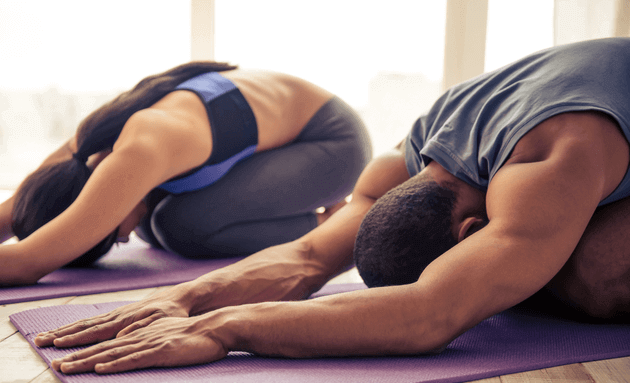
- Keep your house purified at all times, and ensure you keep the doors and windows closed.
- Keep your surroundings clean and add natural air purifiers like indoor plants.
- Declutter as much as you can because unused goods can dust and pollute your surroundings.
- Do not smoke indoors.
- Avoid bringing shoes inside the house because they carry a lot of dust which can be harmful.
- Keep your bed sheets and mattress clean to ensure no dust particles are accumulating on them.
What To Eat And Drink
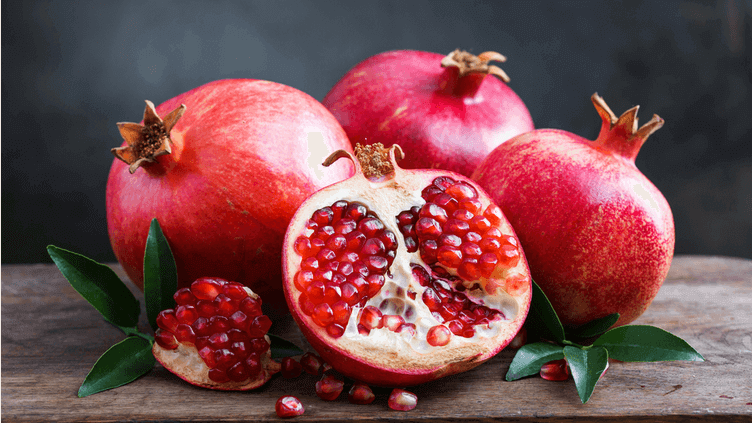
- Drink healthy juices, soups and lots of water.
- Use condiments like tulsi, ginger, pepper, lemon, turmeric, etc to brew teas and keep sipping all day.
- Add nuts, fruits and vegetables like pomegranates, brinjal and pumpkin, with a focus on antioxidants to fight the spike in free radicals.
- Ensure you get a lot of Vitamin C from your diet or consult your doctor for supplements.
Follow a Skin Care Regime
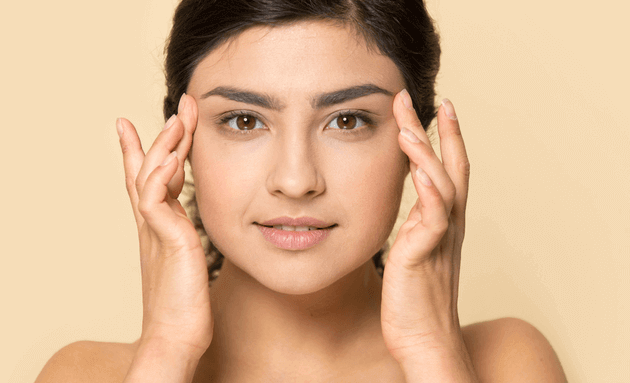
It is important you follow a strict skincare routine, especially if you're in an environment with high levels of air pollution.
- Gentle scrubbing for a few seconds every day will remove some harmful toxins.
- Apart from eating vitamin supplements, look for lotions or creams that are fortified with Vitamin C and E.
- While you hydrate your body with fluids, you must also keep it hydrated from outside, with moisturizers or lotions all the time.
It is very important to protect ourselves from the harmful effects of air pollution. Remember to follow these few simple preventive measures and stay healthy.


0 Comments